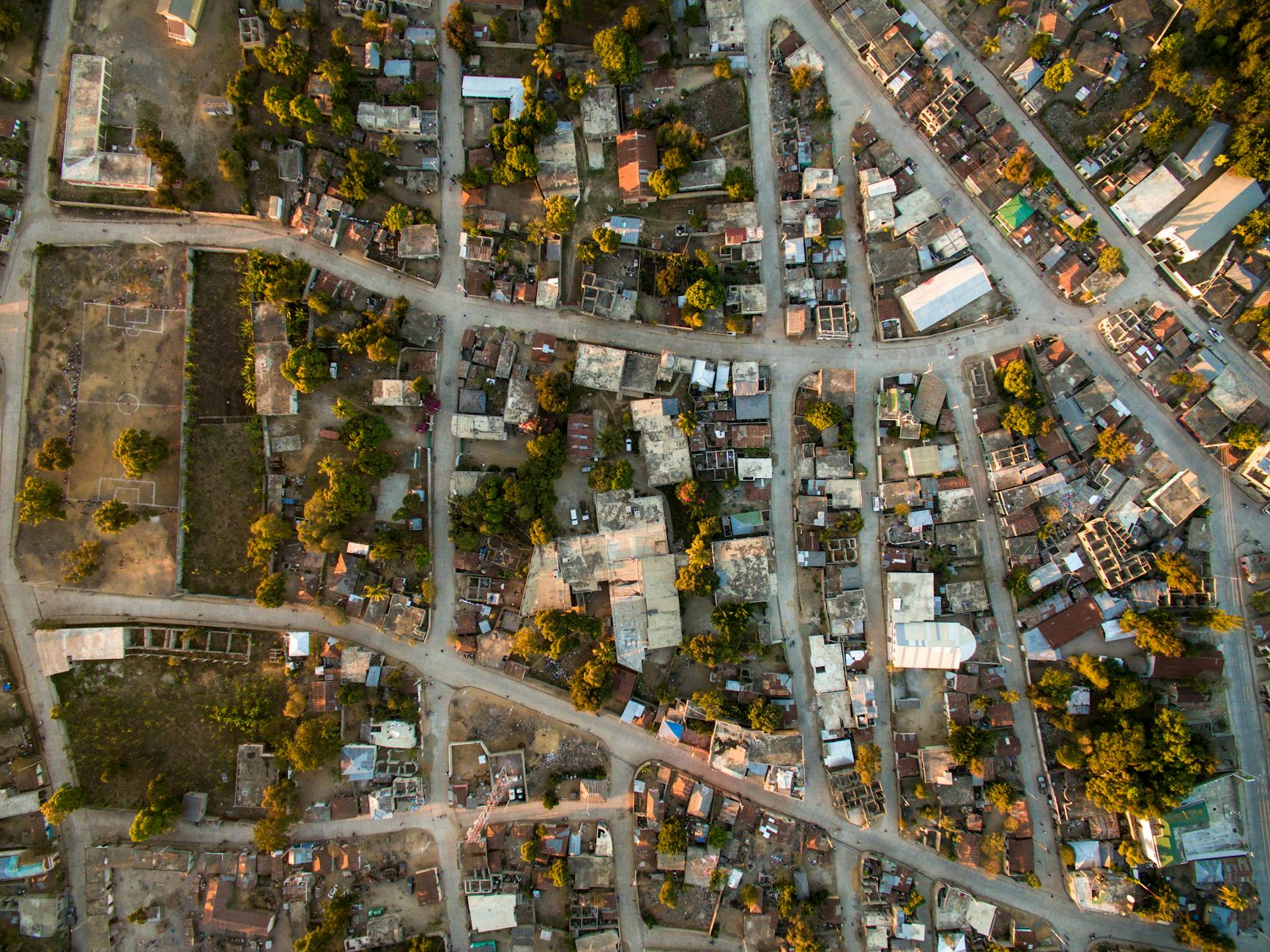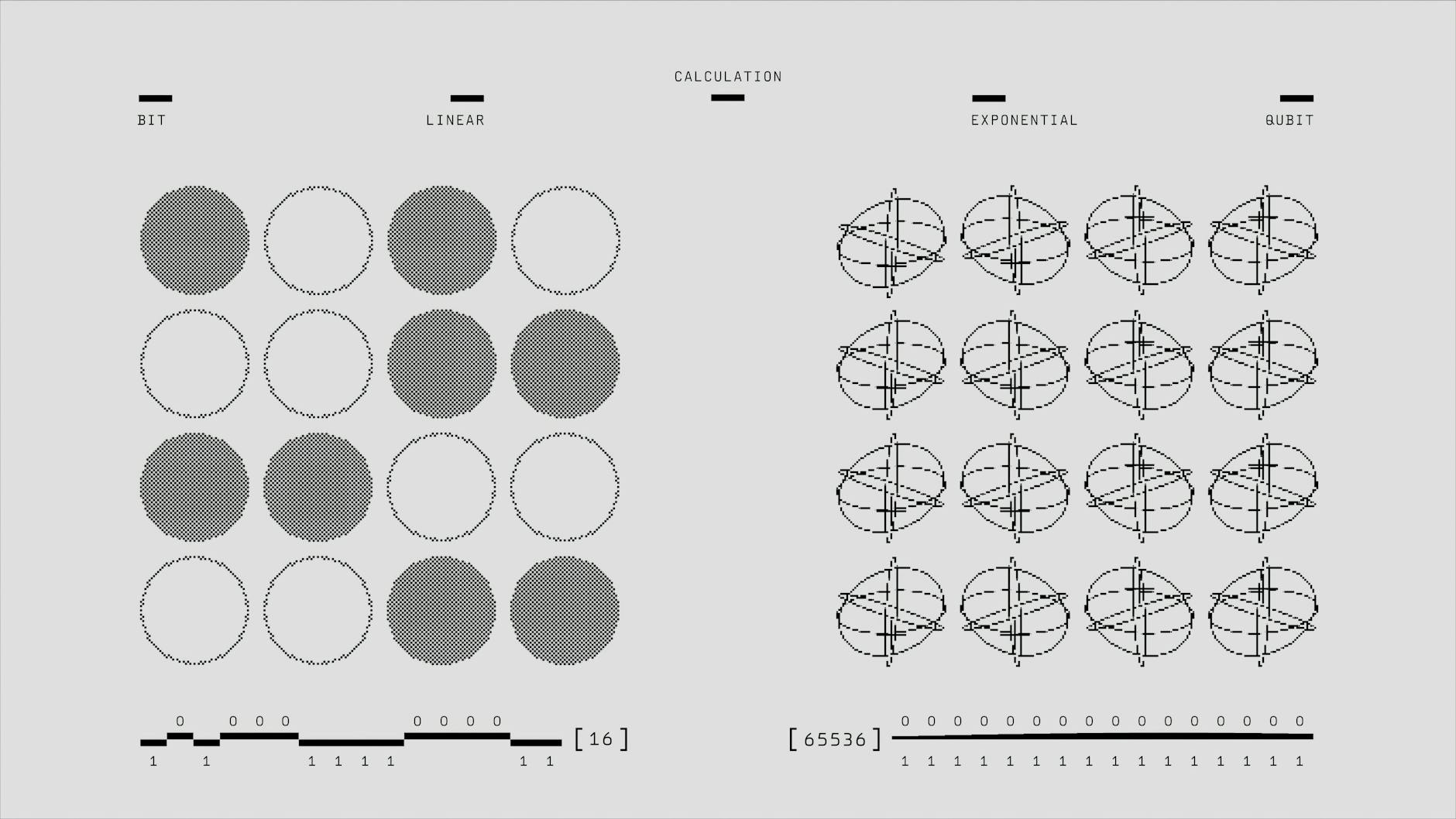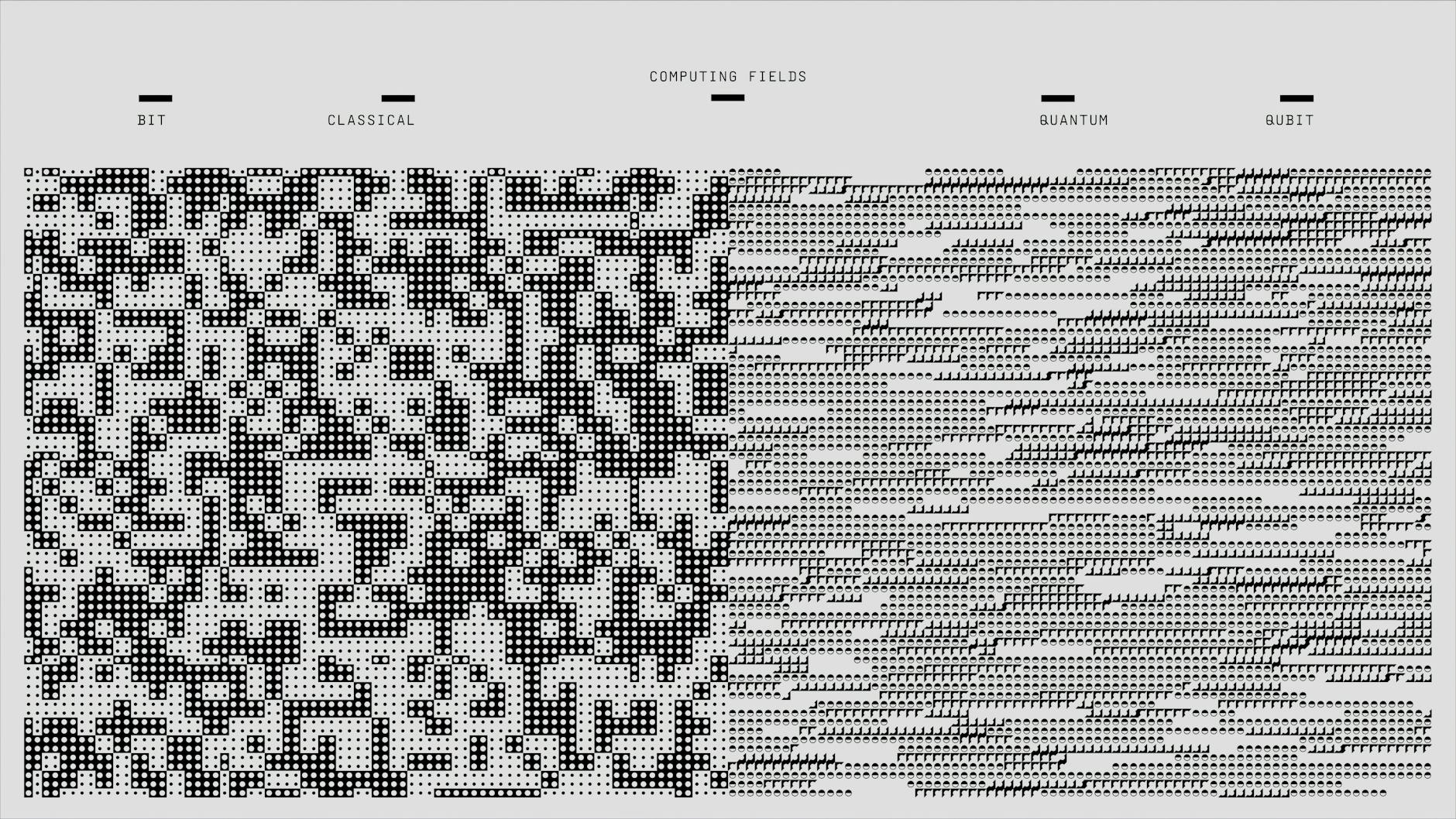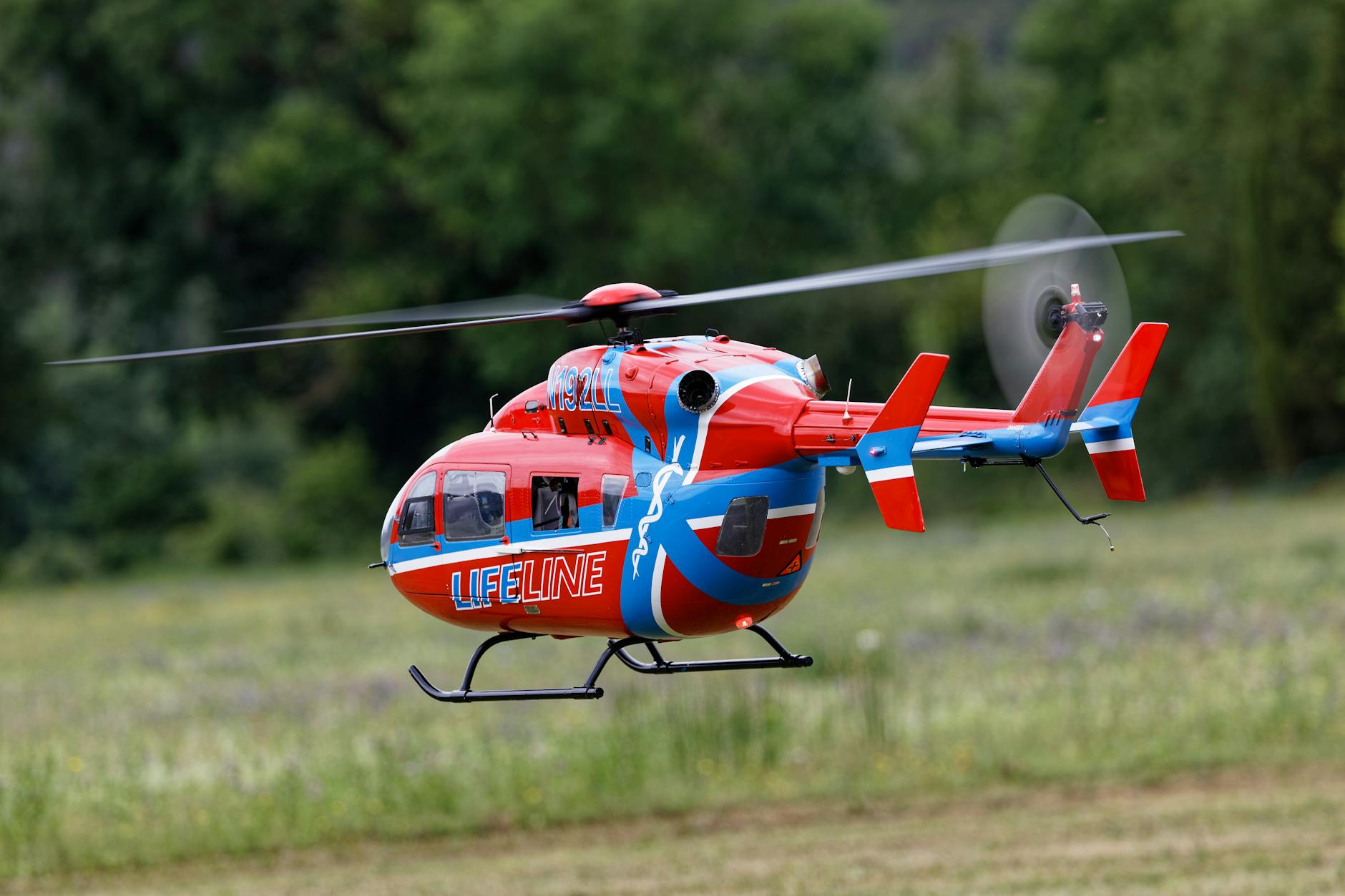Haiti’s Skies Turn Deadly: Drone Mishap Exposes Perils of Gang Warfare
A catastrophic drone detonation at a Haitian police base, claiming the lives of two elite SWAT members and injuring six others, has ignited a critical debate over the safety and efficacy of aerial tactics against powerful gangs controlling much of the nation.
The incident, which occurred at a police base on the outskirts of Port-au-Prince, serves as a stark and tragic reminder of the escalating violence in Haiti and the high-stakes, often improvised, nature of the nation’s struggle against heavily armed criminal organizations.
A Brief Introduction On The Subject Matter That Is Relevant And Engaging
Haiti, grappling with a deepening humanitarian crisis and a near-complete breakdown of state authority, has increasingly turned to unconventional and technologically advanced methods in its fight against powerful gangs. Drones, once a symbol of sophisticated military operations, have now become a grim reality on the streets of Port-au-Prince, deployed in a desperate bid to gain an advantage against adversaries who often outgun and outmaneuver traditional law enforcement. This recent tragedy, however, underscores the significant risks associated with these operations, particularly when conducted with limited resources and potentially untested technology.
Background and Context To Help The Reader Understand What It Means For Who Is Affected
For years, gangs have exerted a stranglehold on significant portions of Haiti, particularly the capital. Their influence has led to widespread violence, kidnappings, and a disruption of essential services, pushing the nation to the brink of collapse. The Haitian National Police (PNH), though lauded for their bravery, have been consistently outmanned and outgunned, operating with limited equipment and facing overwhelming odds. In this context, the adoption of drones represents an attempt to level the playing field, offering a means to surveil, deter, and potentially neutralize gang activity without risking police lives in direct ground confrontations. However, the recent explosion highlights the inherent dangers. The two SWAT members killed were part of an elite unit, demonstrating that even the most trained personnel are not immune to the unpredictable nature of these operations. The six injured, some critically, face long recoveries and the psychological toll of such a devastating event. For the communities living under the shadow of gang violence, this incident may breed further fear and uncertainty, raising questions about the safety of the very forces meant to protect them.
In Depth Analysis Of The Broader Implications And Impact
The drone explosion has far-reaching implications for Haiti’s security strategy and its international partnerships. Firstly, it raises serious questions about the procurement, maintenance, and operational protocols for such advanced weaponry within the PNH. Were these drones acquired through official channels? What level of training was provided to the operators? Was there adequate testing and safety vetting before deployment? These questions are critical for ensuring accountability and preventing future tragedies. Secondly, the incident could impact the willingness of international partners to supply or support the use of drone technology in Haiti. While many nations have expressed a commitment to aiding Haiti, a catastrophic failure like this could lead to increased scrutiny and a demand for stricter oversight, potentially slowing down or altering the nature of security assistance. Furthermore, it could embolden the gangs, who may interpret such a mishap as a sign of weakness or disarray within the police force. The psychological impact on the PNH itself cannot be overstated; a loss of highly trained officers due to a technical failure could affect morale and operational confidence. This incident also brings into sharp focus the broader ethical considerations of using armed drones, even in internal conflicts, including the risk of collateral damage and the potential for escalating violence.
Key Takeaways
- Technological Risks: The drone malfunction underscores the inherent dangers of utilizing advanced technology in high-stress, resource-constrained environments.
- Operational Gaps: The incident points to potential deficiencies in the training, maintenance, and safety protocols governing the PNH’s drone operations.
- International Scrutiny: Future security assistance related to drone technology may face heightened international scrutiny and demands for accountability.
- Gang Perception: The event could be perceived by gangs as an opportunity to exploit perceived vulnerabilities in law enforcement capabilities.
- PNH Morale: The loss of experienced officers can have a significant impact on the morale and operational effectiveness of the Haitian National Police.
What To Expect As A Result And Why It Matters
In the immediate aftermath, it is likely that the Haitian National Police will conduct a thorough investigation into the cause of the drone explosion. This will involve a detailed examination of the drone’s components, its operational history, and the procedures followed leading up to the incident. The findings of this investigation will be crucial in determining whether there were systemic failures or individual errors. We can also anticipate increased pressure from international bodies and Haiti’s allies for greater transparency and accountability in the use of advanced weaponry. There may be a temporary pause or re-evaluation of drone deployment strategies as authorities assess the risks. For the people of Haiti, this event reinforces the precariousness of their security situation and the complex challenges faced by their police force. The incident matters because it highlights the critical need for robust, safe, and effective security measures to combat gang violence, measures that do not inadvertently endanger those tasked with protecting the populace.
Advice and Alerts
For individuals and organizations involved in security assistance or the provision of technology to Haiti, it is paramount to prioritize comprehensive training, rigorous maintenance schedules, and stringent safety protocols. Any deployment of advanced weaponry must be accompanied by clear operational guidelines and oversight mechanisms. For the general public in Haiti, remaining informed about the evolving security situation and adhering to advisories from official sources is crucial. Awareness of the potential risks associated with any ongoing security operations, including aerial surveillance or intervention, is also advised. The Haitian National Police, while facing immense challenges, must continue to prioritize the safety and well-being of its officers and the civilian population by ensuring all operational technologies are secure and effectively managed.
Annotations Featuring Links To Various Official References Regarding The Information Provided
While specific official reports detailing the internal investigation into this particular drone incident may not yet be publicly available, the following links provide context on the broader challenges and efforts regarding security in Haiti:
- United Nations Support Mission in Haiti (MINUSTAH) / UN Mission for Justice Support in Haiti (MINUJUSTH) Archives: Information on past UN missions and their mandates in Haiti can provide historical context to security challenges. While MINUSTAH and MINUJUSTH have concluded, their archives often contain valuable reports on the security landscape.
UN Mission for Justice Support in Haiti (MINUJUSTH) - United States Department of State – Haiti Country Reports: These reports often detail the political and security situation in Haiti, including the activities of gangs and the challenges faced by law enforcement.
U.S. Department of State – Haiti Page - Haitian National Police (PNH) Official Communications: While direct links to operational specifics can be scarce, official statements from the PNH often provide insights into their strategies and challenges. For general information and statements, their official channels (if actively maintained and accessible) would be the primary source. (Note: Direct official PNH website links can be subject to change or availability issues in Haiti).
- Inter-American Commission on Human Rights (IACHR) Reports on Haiti: The IACHR often publishes reports on the human rights situation in Haiti, which can include detailed accounts of gang violence and the impact on civilians and security forces.
Inter-American Commission on Human Rights


























